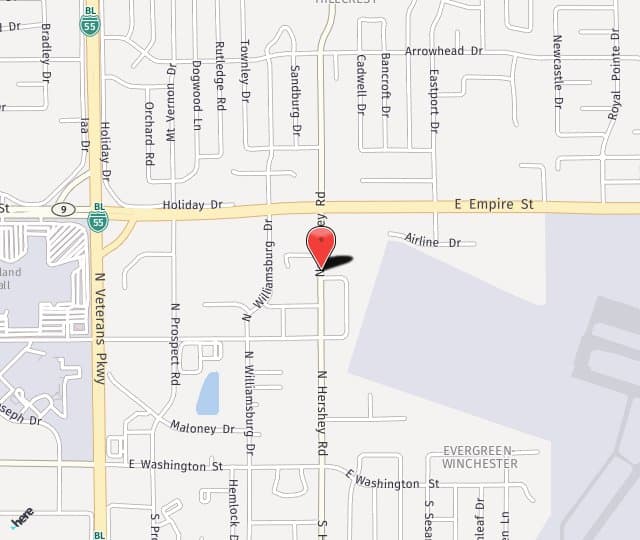
Several weeks ago, many women in the world heard the news that may have sent them reeling. The United States Food and Drug Administration requested a recall of certain models of textured breast implants. This recall came after an increased number of reported cancer cases related to these common cosmetic medical devices. If you have textured breast implants, or any breast implants, this recall may have created stress for you. Here, we discuss what you need to know about this recall so you can make the most confident decision about your well-being.
A Key Word: Textured
One of the first details of the FDA recall is that only textured implants are involved. In fact, only certain types of textured breast implants have been taken off the market. These include BioCell implants by Allergan. They are known by the brand name Natrelle and include certain saline, silicone, and highly cohesive anatomically shaped silicone devices. Also recalled were Natrelle 133 Plus tissue expander and 133 Plus tissue expander with suture tabs.
The Potential Problem
In a years-long analysis, researchers discovered that a large majority of reported cases of breast implant-associated anaplastic large cell lymphoma (BIA-ALCL) involved the named Natrelle breast implants (481 out of 573 cases). This rare form of lymphoma is not breast cancer, it is cancer that affects the immune system.
Breast implant-associated anaplastic large cell lymphoma develops when cells contained in the capsular fluid become damaged and begin to grow abnormally. For fluid to accumulate around the breast implant is not uncommon. It is particularly common with textured implants due to the tiny amounts of space in the breast capsule.
What You Need to Know
- BIA-ALCL is a relatively rare occurrence that may present as pain and noticeable swelling in one breast. Additional symptoms to have checked include a rash, itching, discoloration, or any change in breast shape.
- The disease is considered easily treatable.
- Most patients diagnosed with BIA-ALCL are disease-free three years after the removal of both breast implants as well as the capsule of tissue around them.
- Additional treatment (chemotherapy) is only warranted if cancer cells have spread to lymph nodes.
- BIA-ALCL treatment has been successful in over 90% of diagnosed cases.
This recall does not mean you should have your breast implants removed. However, that choice is completely yours to make. If you have questions about the impact of the breast implant recall or your breast implants, in particular, schedule a consultation where we can discuss your concerns and perform a thorough evaluation for you. Call our Bloomington office at (309) 664-1007 to arrange your visit.

